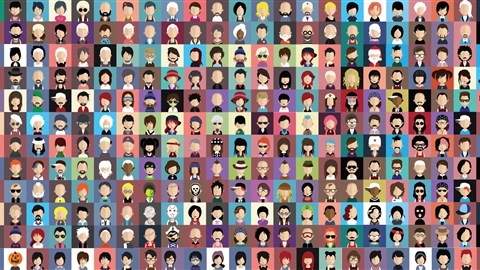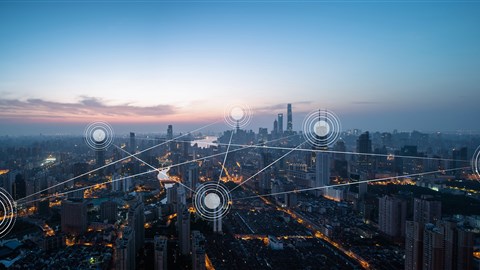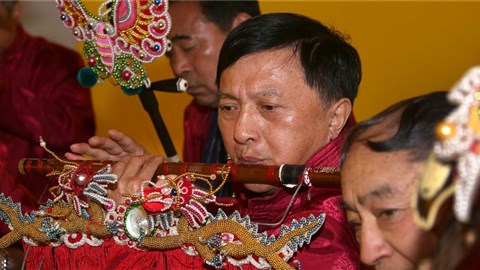'Nickel-and-dimed:' Airline passengers vent frustration over cabin seating
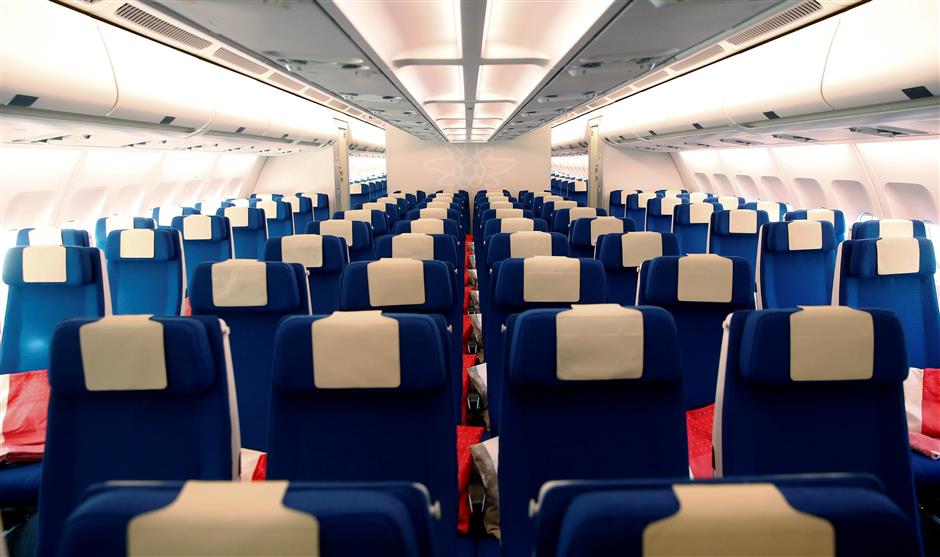
Seats in the front rows, by the window or on the aisle are among the most preferred for air travelers.
Buying an airline ticket is costly enough for many travelers, but imagine how they feel when they are expected to pay extra for a seat of their choice? Frustration and anger.
Passengers in China are increasingly finding that desirable seats in front rows, by windows or on the aisle are "locked," with additional fees or frequent flyer miles needed to secure them.
Some travelers even report that seats they have booked online aren't available when they arrive at airport check-in counters.
Li Qing, a Beijing resident, is among the disgruntled. She encountered difficulties on a December flight with Hainan Airlines to Changsha, capital of Hunan Province in central China.
After purchasing her ticket, she promptly tried to check in online to secure a preferred seat, only to discover to her dismay that almost all the front-row, window and aisle seats were locked.
The few available options left to her were located at the back of the plane or in the middle of rows. Some choice seats required redeeming frequent flyer miles, and those closer to the front of the plane required an additional fee.
Frustrated but unwilling to spend her frequent-flyer miles, Li reluctantly chose a middle seat toward the front of the plane.
"I just don't understand why so many seats are locked," she said. "Why should good seats require extra payment or miles? I already bought the ticket."
A Shanghai passenger said she had to pay 900 yuan (US$123) to secure a seat near the safety aisle on a China Eastern flight from Shanghai to Paris, while other seat selections cost an additional 450 yuan.
"Is China Eastern trying to match budget airlines? If profits are low, they just squeeze passengers," she told Shanghai Daily.
For frequent flyers like Zheng Ming, the situation is even more infuriating. As a researcher based in Beijing, he travels regularly for business.
In November, he purchased a full-fare economy ticket for a flight to Hong Kong on Air China, paying over 3,400 yuan – higher than discounted fares offered by budget airlines on the same route. He said he hoped the higher cost would entitle him to select a front-row seat with extra legroom.
But when he checked in online, he found the entire front section locked. The only way to secure a front-row seat was by paying an additional fee or redeeming 6,100 frequent-flyer miles.
"I was left with no choice," Zheng said. "I used the miles, but it didn't feel fair. Flying to Hong Kong earns me about 2,000 frequent-flyer miles. How does it make sense for a seat to cost 6,100 miles?"
On the return leg of his flight, Zheng also had to redeem more miles to secure a front-row seat.
"If I buy a budget airline ticket, I can understand being charged for better seats," he said. "But if I'm paying full price, so why should I have to pay more for what should already be included? It feels like they're pushing us into paying extra."
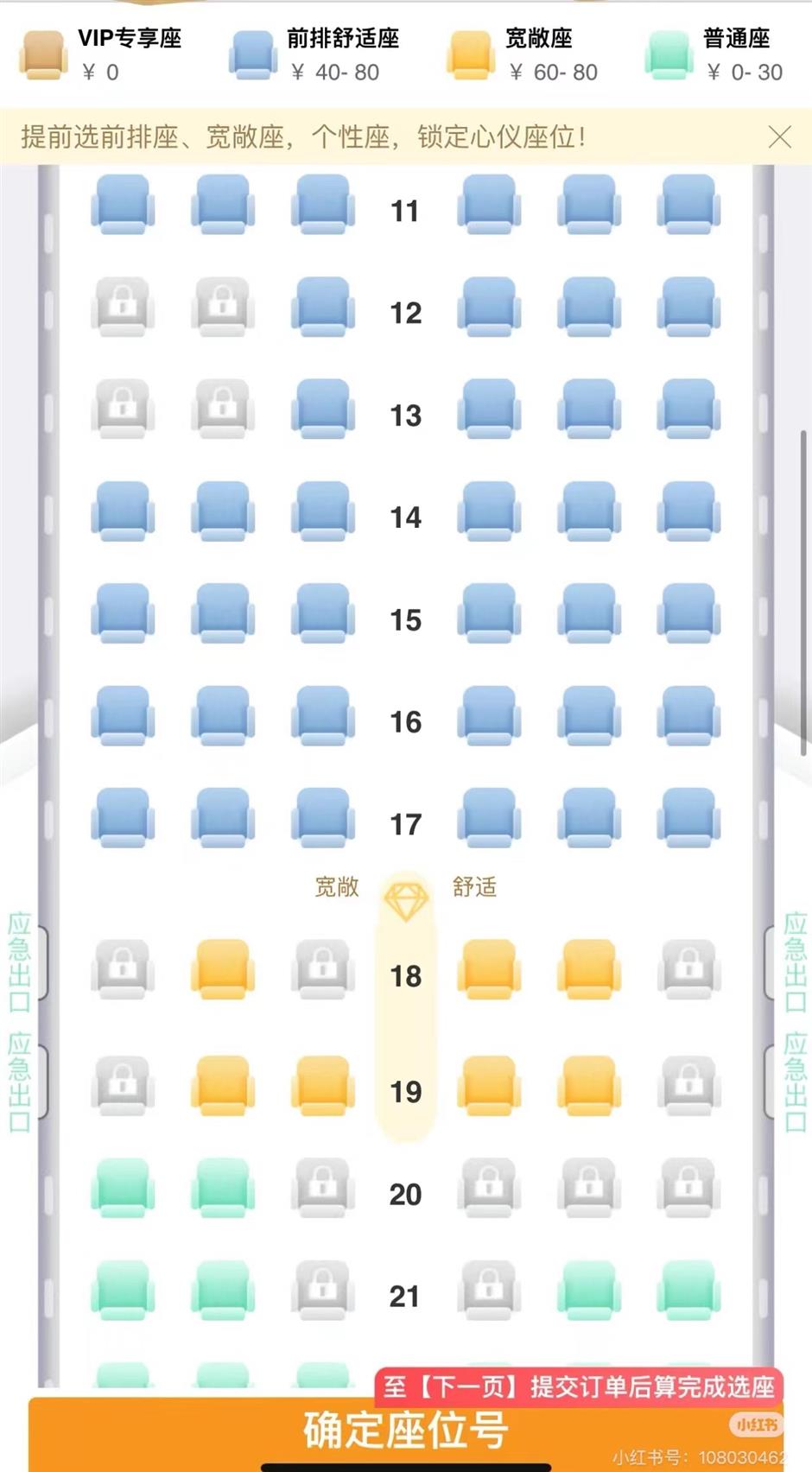
A traveler posts the seat selection page of a domestic airline, where some preferred seats are locked while others require additional fees.
Adding to the confusion is what many passengers describe as inconsistent policies between online and airport check-in systems.
Li said that after boarding her flight, she discovered that the passenger seated next to her, who had a coveted window seat, told her the seat was available at no extra cost at the check-in counter on the day of the flight.
"I was so annoyed," Li said. "It seems like the seat-locking rules only apply to those who check in online."
Social media is filled with similar complaints. Posts describe travelers arriving early at the airport found better seats suddenly become available at the counter without any additional fees or frequent-flyer miles required.
"If seats are available at the counter for free, why aren't they available online?" a passenger said on the social media platform Red.
"I've seen front-row seats empty during flights. Why lock them at all if no one is sitting there?" another traveler groused
When asked about seating practices, airlines offered varying explanations.
Some cited operational and safety requirements. Representatives from Air China and Hainan Airlines said that locking certain seats helps ensure proper weight distribution across the aircraft.
Seats near emergency exits, they added, are often locked because they must be allocated to passengers who meet specific safety criteria.
Other airlines admitted that some locked seats are reserved for frequent flyers with elite status or passengers willing to pay extra.
Aviation experts point out that charging for seat selection is part of a broader trend.
Xu Lingjie, an associate professor at the Civil Aviation Flight University of China, explained that seat selection fees began as a way for airlines to cater to individual preferences.
With passengers who value window views, extra legroom or convenient access to the aisle paying extra for the privilege, airlines earn extra revenue while passengers get seats of their choice. The model has long been standard among international carriers.
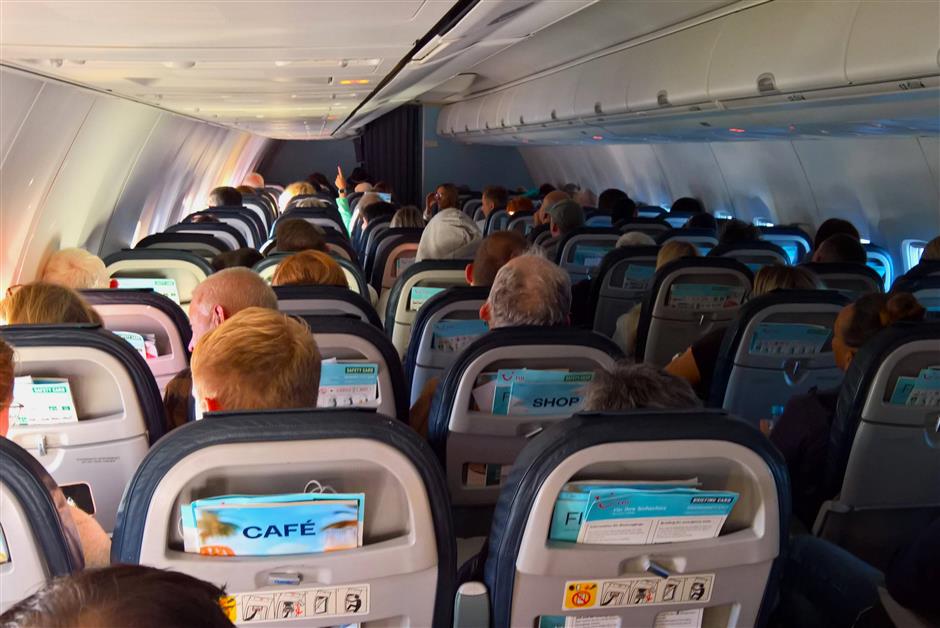
Passengers aboard the single-aisle aircraft of a foreign airline
Globally, airlines began implementing paid seat selection as a strategy to increase ancillary revenues.
Budget carriers such as Ryanair, EasyJet and Spirit Airlines were among the first to charge passengers for everything from checked luggage to seat selection.
Their approach has since influenced other carriers. Today, airlines like United and British Airways also charge extra for preferred seats.
In some cases, seat fees are bundled into different fare tiers, with higher-priced tickets allowing passengers greater access to free seat selection.
In Europe and North America, paying for seat selection is common, but some passengers dislike how the practice has spread from budget carriers to full-service airlines, especially when basic economy tickets no longer include free seat choices.
The US Department of Transportation is proposing barring US and foreign airlines from charging fees to seat families with young children together on a flight if adjacent seats are available during booking.
In China, the situation is complicated by inconsistent implementation and a lack of clear communication with passengers.
Some domestic airlines, such as Spring Airlines, have taken a cue from budget carriers abroad and adopted similar fee structures.
Meanwhile, full-service airlines like Air China, China Eastern and China Southern are experimenting with paid seat selection on certain routes, particularly international flights.
The financial pressures facing airlines help explain why seat selection fees have become so prevalent. According to industry insiders, revenue from seat selection is a small but profitable segment for airlines. For instance, US airlines collected US$4.2 billion in seat assignment fees in 2022.
Qiao Shanxun, an aviation expert and secretary-general of the Henan Aviation Association, said the fees are particularly valuable in a market where ticket prices are highly competitive.
"Seat selection fees allow airlines to generate extra income without adding costs," Qiao said. "It's essentially pure profit."
Lin Zhijie, an aviation analyst, warned about the risk of alienating customers.
"If passengers feel like they're being nickel-and-dimed, especially frequent flyers who buy full-fare tickets, it will damage loyalty," he said. "This is especially true when policies are inconsistent or opaque."
Experts are calling for airlines to strike a balance between profitability and fairness.
While charging for premium seats aligns with global trends, airlines need to ensure that a reasonable number of seats remain available for no-cost selection, Lin said. Clearer communication about seat selection rules, fees and availability is key to maintaining passenger trust.
"In a competitive market, even small frustrations can push customers toward rival carriers," he noted.


